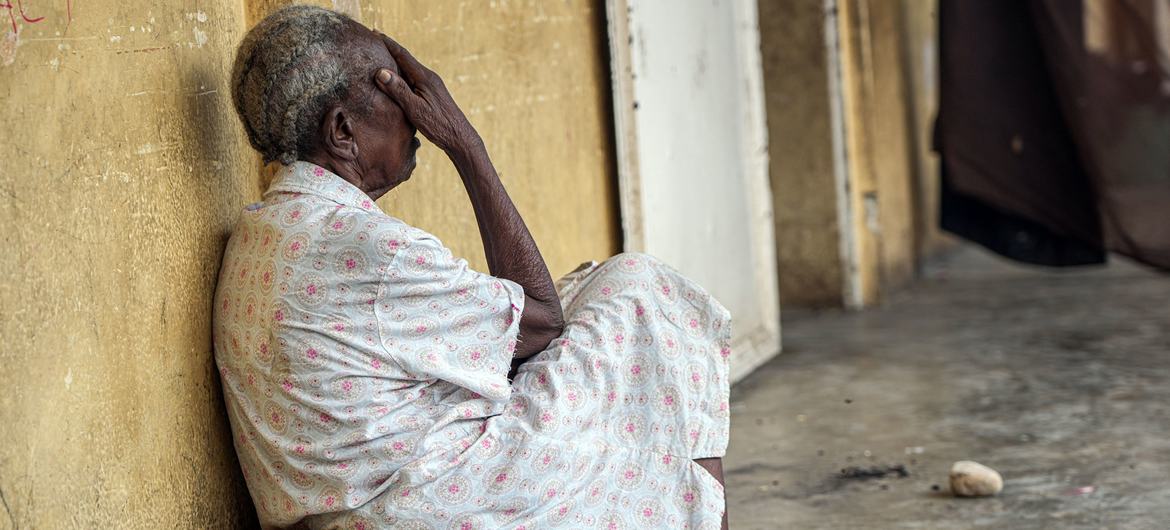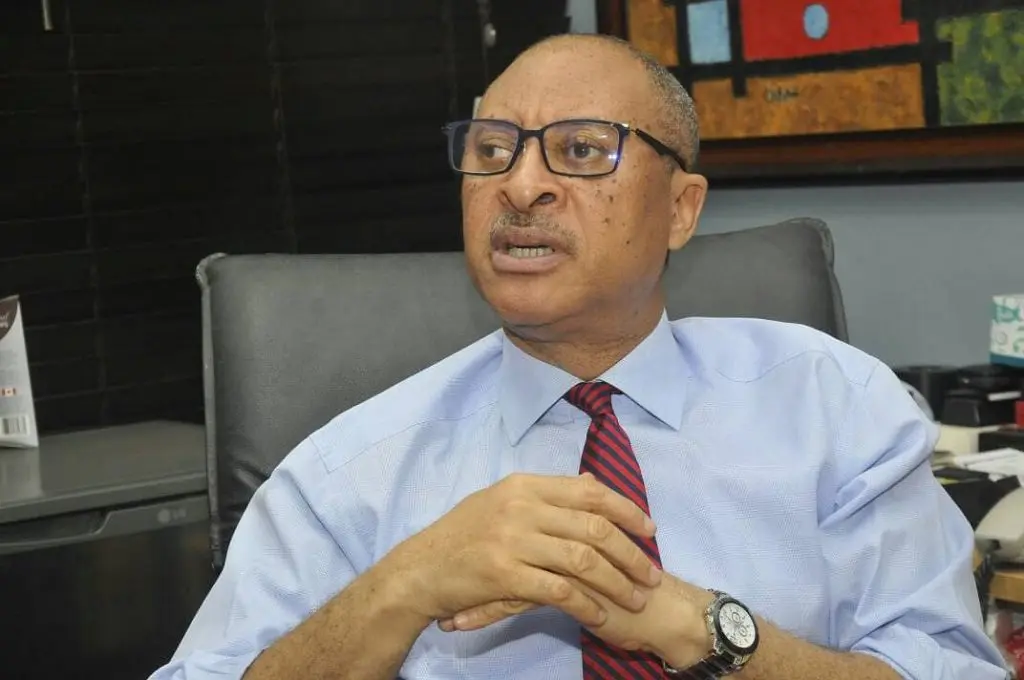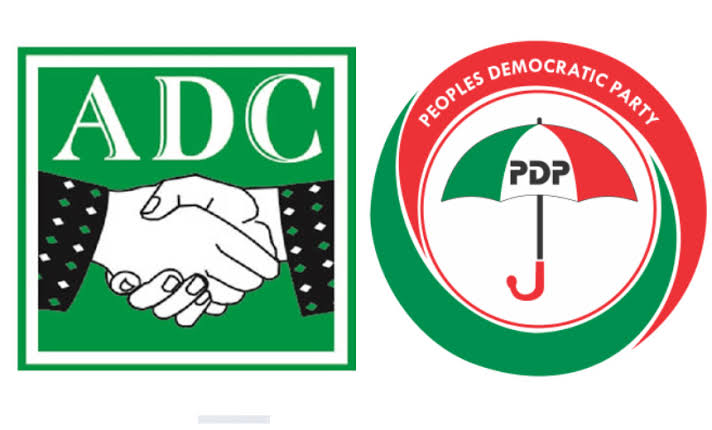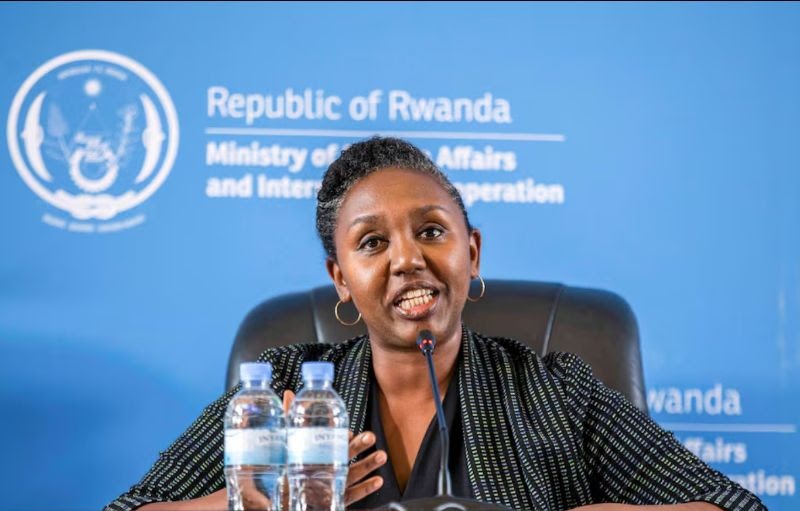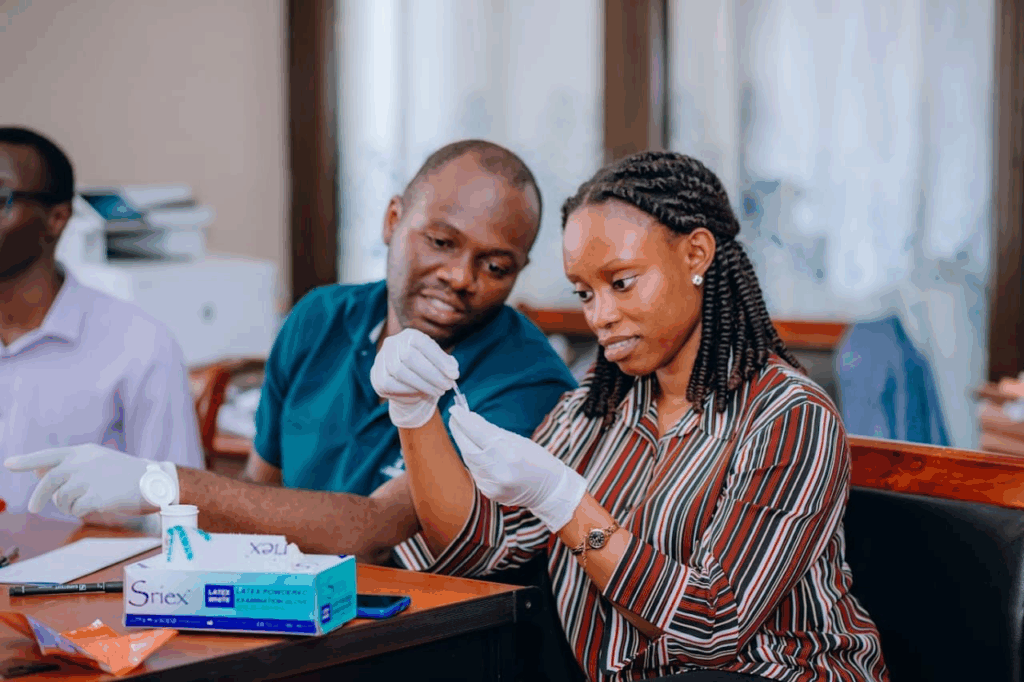PORT-AU-PRINCE, Haiti – The once-vibrant streets of Haiti’s capital have become battlegrounds. Bullet holes pockmark buildings, charred vehicles litter intersections, and the constant crackle of gunfire has replaced the hum of daily life. A new UN report reveals the horrifying toll: 1,520 people killed, 609 injured in just three months—numbers that mirror the carnage of a full-scale war.
But this is not a conventional conflict. Haiti is being dismantled piece by piece, not by foreign invaders, but by its own gangs—armed, organized, and ruthless.
Gangs Take Over: From Crime Lords to Warlords
What began as urban gang violence has metastasized into a nationwide crisis. The UN estimates that 85% of Port-au-Prince is now under gang control, with armed groups expanding into rural regions like Artibonite and Centre. Their tactics? A mix of terror, propaganda, and perverse displays of authority.
In April, gunmen stormed a radio station, hijacked its broadcast, and played pro-gang hip-hop before looting equipment and burning down a nearby market. The message was clear: We control not just the streets, but the narrative.
Even more alarming, gangs are now imposing their own form of governance—forcing residents to clean streets, repaint buildings, and pay “taxes” for protection. In Mirebalais, where much of the population has fled, gangs reportedly bused in laborers from their Port-au-Prince territories to maintain a facade of order.
READ ALSO:
- Russian Passenger Plane Crashes in Remote Far East
- 21 Years Jail for Monster Who Raped 3-Month-Old Baby in Nasarawa
A War on Women and Children
The UN report exposes sexual violence as a weapon of war, with gang rape accounting for 85% of documented cases. In one horrific May incident, two women in Cité Soleil were gang-raped, executed, and set ablaze as punishment for entering a restricted zone.
Children are also targets—recruited as fighters, exploited for labor, or trafficked. With schools shuttered and families torn apart, an entire generation is being lost to violence.
Vigilantes and State Forces: Adding Fuel to the Fire
Desperate civilians have formed self-defense brigades, but these groups have carried out their own massacres. In late May, vigilantes hacked to death 55 farmers at a religious gathering in Petit-Rivière, accusing them of gang collaboration.
Meanwhile, security forces have been accused of extrajudicial killings. One public prosecutor in Miragoâne has personally executed 83 alleged gang members since 2022, per the UN.
International Aid Falters as Haiti Nears Collapse
Despite the catastrophe, the humanitarian response remains critically underfunded—only 8% of needed aid has been secured. Over 1.3 million Haitians are displaced, and half the population faces acute hunger. Hospitals, overwhelmed by gunshot victims, lack basic supplies.
“The world cannot keep looking away,” said Ulrika Richardson, the UN’s top official in Haiti. “This is not just a crisis—it’s the unraveling of a nation.”
Is There Any Hope?
A Kenya-led international security force has been approved to assist Haitian police, but deployment delays and legal challenges have stalled progress. Meanwhile, gangs grow stronger, carving up territory like modern-day warlords.
For ordinary Haitians, survival is a daily struggle. “We live like animals,” said Marie Lourdes, a mother of three hiding in a church-turned-shelter. “No food, no safety—just fear.”
Why This Story Matters
-
Humanitarian Catastrophe: Haiti is nearing total societal collapse.
-
Global Implications: Mass migration, regional instability, and a power vacuum could spill beyond its borders.
-
Accountability: Who will stop the gangs—and at what cost?
What’s Next?
Will the international community act before Haiti becomes a failed state? Or will the world watch as a nation is erased from within?
Final Thought
Haiti’s crisis is no longer just a “gang problem”—it’s a test of whether the world will allow a nation to be destroyed in plain sight.
Source: UN Reports
Discover more from News247 Nigeria
Subscribe to get the latest posts sent to your email.

